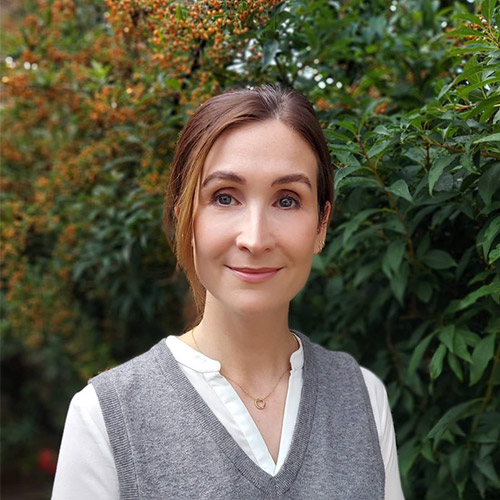Sleep Disorders
Sleep disorders are health conditions which negatively and frequently impact us from sleeping well. They are usually caused by an underlying health condition, and or stress. Not getting the right amount or quality of sleep can lead to more than just feeling tired.
What are Sleep Disorders?
Sleep disorders can affect your health, safety, and your overall wellbeing. They can also affect your relationships, your performance at work and when left untreated can lead to further health consequences. The time we spend sleeping is vital to our physical and mental health. The stresses and pressures we face regularly can have an adverse effect on our ability to sleep and feel well rested when we wake up. The average adult requires 7-8 hours of sleep per night, and children require up to 14 hours or more.

Different types of Sleep Disorders
There are approximately 80 different types of sleep disorders. However, some of the most common are listed below:
- Insomnia
- Sleep Apnoea
- Sleep Paralysis
- Restless leg syndrome
- Narcolepsy
signs of a sleep disorder and symptoms
Symptoms often vary depending on the severity of the condition, as well as If the disorder is the result of another health condition. General symptoms of sleep disorders are as follows:
- Fatigue and lethargy
- Difficulty falling asleep despite being tired
- Difficulty staying asleep
- Unusual breathing patterns
- Irritability and anxiety
- Unpleasant urges to move while falling asleep sleeping
- Degraded performance at work or school
- Lack of concentration
- Weight gain
- Depression
- Poor memory
- Slowed responses
What is the treatment for sleep disorders?
Most common sleep disorders are effectively treated with CBT. All clinicians at Oxford CBT practice Cognitive Behavioural Therapy, or are Psychologists, providing evidence-based interventions and support for Sleep disorders and a range of other conditions for both young people and adults. If you would like to book an appointment you can do so on our online booking portal. If you would like more information, please visit our FAQ’s page or get in touch via our online contact form or call us on 01865 920077.
If you suspect that you have a sleep disorder, Keeping a diary of your sleeping patterns for a few weeks will also be helpful for your clinician to identify characteristics and possible symptoms you may be experiencing.
Tips to help you get a good night’s sleep
- Avoid looking at screens before bedtime
- Minimise noise and light, and ensure your bedroom has a comfortable temperature
- Establish a relaxing routine and a regular bedtime
- Avoid caffeine and stimulants before bedtime
- Avoid excessive alcohol consumption
Clinicians who specialize in treating Sleep disorders
Take a self-assessment Screening
Complete screening questionnaire and we will connect you with a therapist according to your needs and requirement criteria.

















